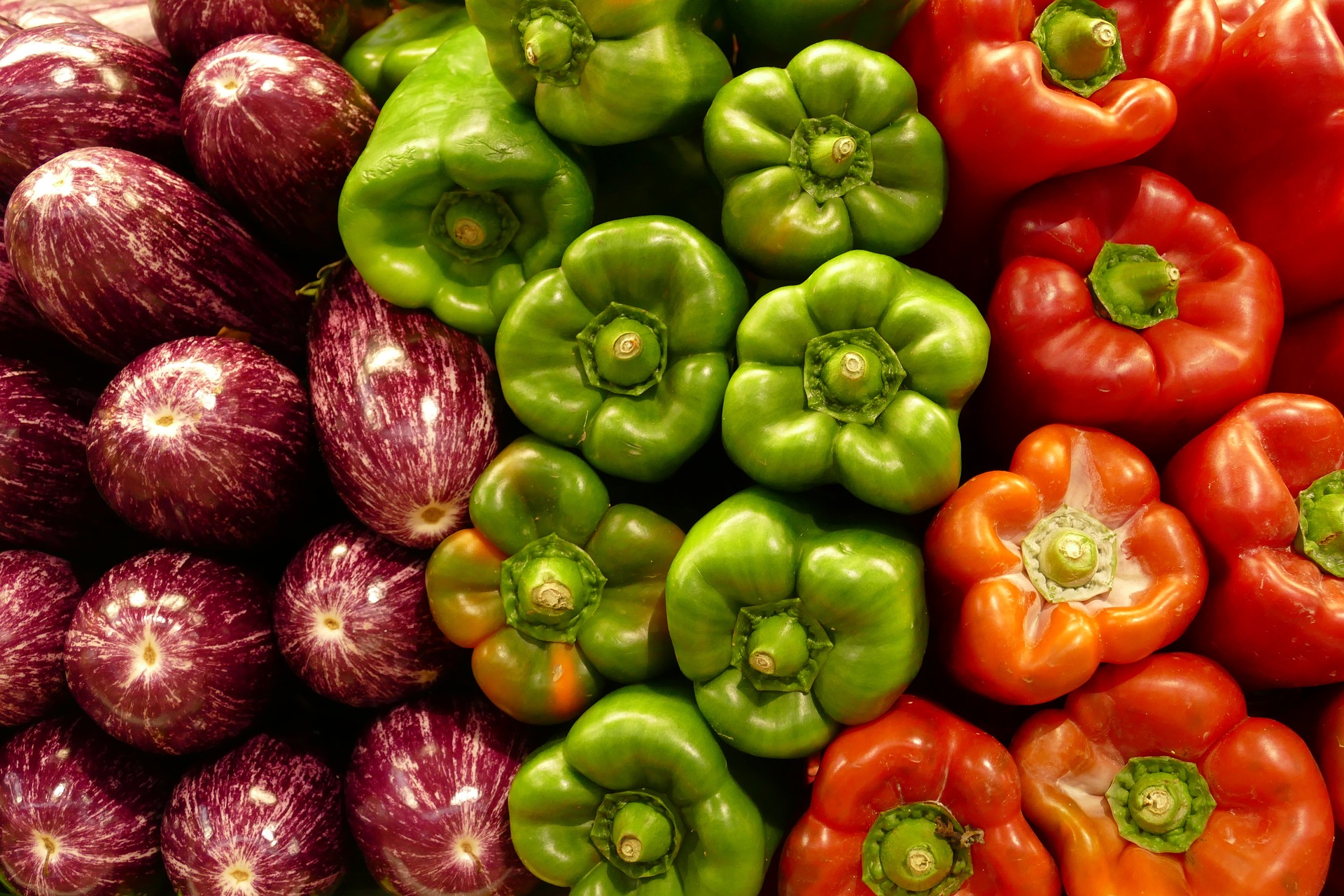- 9 May 2023
- 71
Global food supply at breaking point: the risk beyond falling crop prices

The world’s food supply is at a critical turning point. It is not just the falling crop prices that are putting our food supply at risk. The global food chain is vulnerable, and a single disturbance in one area of the chain could create a ripple effect worldwide. Climate change, water scarcity, and political instability have all contributed to the precarious nature of our food supply.
The Food and Agriculture Organization of the United Nations (FAO) has reported that the global population is expected to reach 9.7 billion by 2050. With the increasing population, food demand is expected to increase by 70%. It is imperative to understand that the current food system is already failing to meet the needs of many people.
The recent COVID-19 pandemic has exposed vulnerabilities in the global food supply chain. Lockdowns, trade restrictions, and disruptions in transportation have led to food shortages and increased prices. The pandemic has highlighted the need for a resilient and sustainable food system that can withstand shocks and provide equitable access to food for all.
One of the significant concerns for the global food supply chain is the reliance on a small number of crops. According to the FAO, just three crops – maize, wheat, and rice – provide more than half of the world’s calories. This reliance on a small number of crops makes the food system vulnerable to crop failures, pests, and diseases.
Another significant challenge is the impact of climate change on agriculture. The changing climate is already affecting crop yields and agricultural productivity. Extreme weather events such as droughts, floods, and heatwaves are becoming more frequent, making it challenging for farmers to grow crops.
Water scarcity is another issue that is threatening the global food supply. Agriculture is the largest consumer of water worldwide, accounting for 70% of global freshwater withdrawals. Water scarcity is already affecting food production in many parts of the world, particularly in areas where water resources are already limited.
Political instability is also a risk to the global food supply. Conflict and political instability can disrupt food production and distribution, leading to food shortages and increased prices. In some cases, it can even lead to famine.
In conclusion, the global food supply is at a critical point, and falling crop prices are only part of the problem. Climate change, water scarcity, and political instability are just a few of the challenges that threaten the global food system. It is essential to develop a sustainable and resilient food system that can withstand shocks and provide equitable access to food for all. This will require a significant shift in how we produce, distribute, and consume food. It is up to governments, businesses, and individuals to work together to ensure a healthy and sustainable future for our food system.

